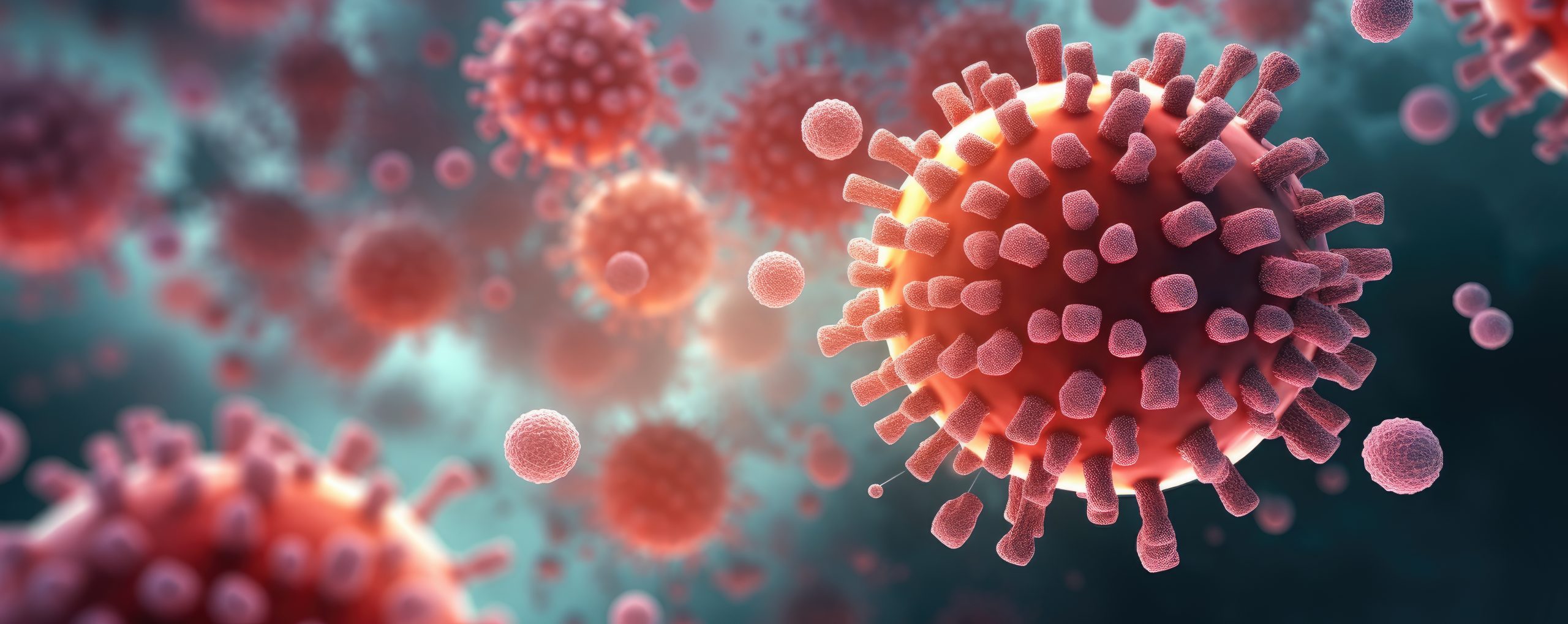Alcohol sales continue to surge as the U.S. is forced to shelter at home during the COVID-19 pandemic. In fact, alcoholic beverage sales have increased by 55% in 2020 compared to last year. While opting for a few drinks during the week is not a cause for concern, it’s important to be mindful of the long-term health effects of chronic alcohol use.
The U.S. Dietary Guidelines for Americans recommends practicing moderation when it comes to drinking alcohol. For women who are age 21 and over, drinking in moderation means consuming up to one drink per day and up to two drinks per day for men. One alcoholic drink is equal to 12 ounces of beer, 5 ounces of wine and 1.5 ounces of liquor.
It’s a sobering fact: The National Institute on Alcohol Abuse and Alcoholism (NIH) reports that excessive alcohol use is the third leading preventable cause of death in the U.S., with approximately 88,000 people dying from alcohol-related causes each year. Alcohol is classified as a depressant, which means that it slows down vital bodily functions, including muscle coordination, reflexes and speech. Keep in mind, the long-term health effects of alcohol depend on who you are, and the type and amount of alcohol consumed.
In addition to the short-term effects on the body, there are many long-term consequences of chronic alcohol use on the body, particularly for the brain, kidneys and liver.
Long-Term Alcohol Effects on the Brain
Alcohol produces many damaging short and long-term effects on your brain. The short-term effects include memory impairment, loss of cognitive abilities and blurred vision. Particularly, alcohol can have adverse effects on your mental health and state-of-well being. In fact, the National Alliance on Mental Illness states that approximately one-third of people struggling with alcohol abuse also suffer from mental illness (called co-occurring disorder). Even though alcohol is a depressant, it may give you a brief sense of euphoria or happiness because it releases dopamine (the “feel-good” chemical in your brain). This is one of the reasons why alcohol use can become addicting.
Over time, alcohol can produce mental disorders, including feelings of depression, anxiety and sleep disorders. Chronic, long-term use of alcohol can have many far-reaching effects on the brain and can even alter the brain’s structure and function in the limbic system, cerebellum and cerebral cortex. This can lead to impaired brain function. Several studies also link chronic alcohol use to brain shrinkage and dementia.
Long-Term Alcohol Effects on the Kidneys
Your kidneys are a pair of organs that perform many essential bodily functions and are responsible for the regulation of pH, the production of hormones and the excretion of wastes and toxins, such as alcohol. Drinking excessively can cause your kidneys to decrease their ability to filter your blood.
In addition, your kidneys also ensure your body’s hydration. Consuming alcohol dehydrates your body, which can have negative effects on the function of your kidneys and other vital organs.
Excessive alcohol use can also lead to high blood pressure, which can increase your risk of developing kidney disease. After you drink an alcoholic beverage, your body experiences an acute spike in blood pressure for up to two hours. Over time, alcohol use can lead to a sustained rise in blood pressure.
Long-Term Alcohol Effects on the Liver
Your liver is an essential organ to your body and produces hundreds of vital functions every day, including bile production, excretion of cholesterol and hormones and enzyme activation. In 2018, NIH states that of the 83,517 liver disease deaths among individuals 12 and older, 47.8% involved the use of alcohol. Alcohol can have serious, life-threatening health consequences for the liver, where alcohol is filtered and broken down in the body.
Your liver is also responsible for filtering out toxins, like alcohol. However, only a certain amount of alcohol can be filtered at a time. For every alcoholic beverage consumed, it takes the body approximately one hour to process it. If too much alcohol is consumed, the excess alcohol circulates throughout the bloodstream and goes to other organs and tissues in your body, including your brain and heart. This is how people become intoxicated or drunk.
Approximately twenty-percent of heavy drinkers, those who binge drink (have 4 drinks for women and 5 drinks for men in about two hours) on 5 or more days a month, develop a fatty liver than non-drinkers. Fortunately, if you abstain from consuming alcohol at an early stage, a fatty liver can be reversible.
In addition, drinking excessive alcohol can create inflammation in the liver called alcoholic hepatitis, which can eventually cause irreversible damage, including liver enlargement, scarring or cirrhosis, which can lead to cancer or even death. If you are genetically predisposed to liver conditions, drinking alcohol can increase your risk of developing liver disease.
Should I Be Concerned About the Health Risks of Drinking Alcohol?
Moderate drinking can be a part of a healthy lifestyle, but it’s important to understand the effects that chronic drinking (frequently drinking over the recommended daily consumption) can have on the body.
There are many health risks of consuming excessive alcohol use over time. This is why it’s important to see your healthcare provider regularly and be open and honest about how much alcohol you drink so you any health-related damage can be found early. Regular health check-ups and blood tests can help detect early signs of disease in the brain, kidneys and liver. If you’re in Connecticut and would like to find a doctor near you, you can locate a board-certified PACT primary care physician using our searchable list here.










